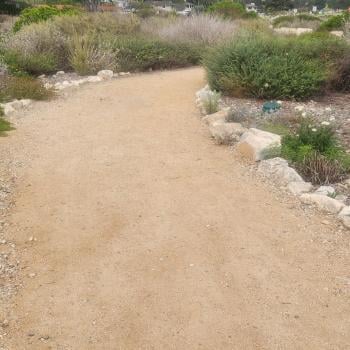It goes without saying that Islam and “the West” have had a distressed relationship in recent decades. One can be forgiven for clinging to the hope of improved relations in the decades ahead and for inroads of genuine democracy in Muslim-majority Middle Eastern states. But this hope should be tethered to a sober historical understanding, which suggests that the path will be uphill. I was reminded of this recently when I happened upon an assessment of France after the French Revolution (1789) by an official of the Ottoman Empire:
The French… do not believe in the unity of the Lord of Heaven and Earth… but have abandoned all religion….They assert… that all men are equal in humanity and alike in being men; none has any superiority or merit over any other, and every one himself disposes of his soul and arranges his… life. And in this vain belief and preposterous opinion, they have erected new principles and set new laws, and established what Satan whispered to them, and destroyed the bases of religion, and made lawful to themselves forbidden things, and permitted to themselves whatever their passions desire, and they have enticed into their iniquity the common people, who are as raving madmen, and sown sedition among religions, and thrown mischief among kings and states. With lying books and meretricious falsehoods, they address themselves to every party and say: ‘We belong to you, your religion and to your community’… They are wholly given up to villainy and debauchery, and ride the steed of perfidy and presumption, and dive into the sea of error and impiety, and are united under the banner of Satan.
The recurring reference to Satan is revealing. In the words of the final surah of the Qur’an (114:5), Satan is described as “the insidious whisperer who whispers in the hearts of men.”
To be sure, facets of the French Revolution elicited disapprobation from Christian voices as well. A rightly so, in my view. But the emphatic association of Satan with the principles of liberty and equality does not suggest an easy road to modernity.
Today there are those today who argue that Islam possesses internal resources for shaping its own road to democratic modernity. Mustafa Akyol’s Islam without Extremes: A Muslim Case for Liberty (W. W. Norton, 2011) provides an excellent example. I seriously doubt he it is being read by members of Hamas or in the Islamic State in Iraq and Syria. But that’s perhaps the strongest argument for picking up the book and thinking with him of what a Muslim modernity sens the attribution of Satanic inspiration might look like.
Thomas Albert Howard
Gordon College












